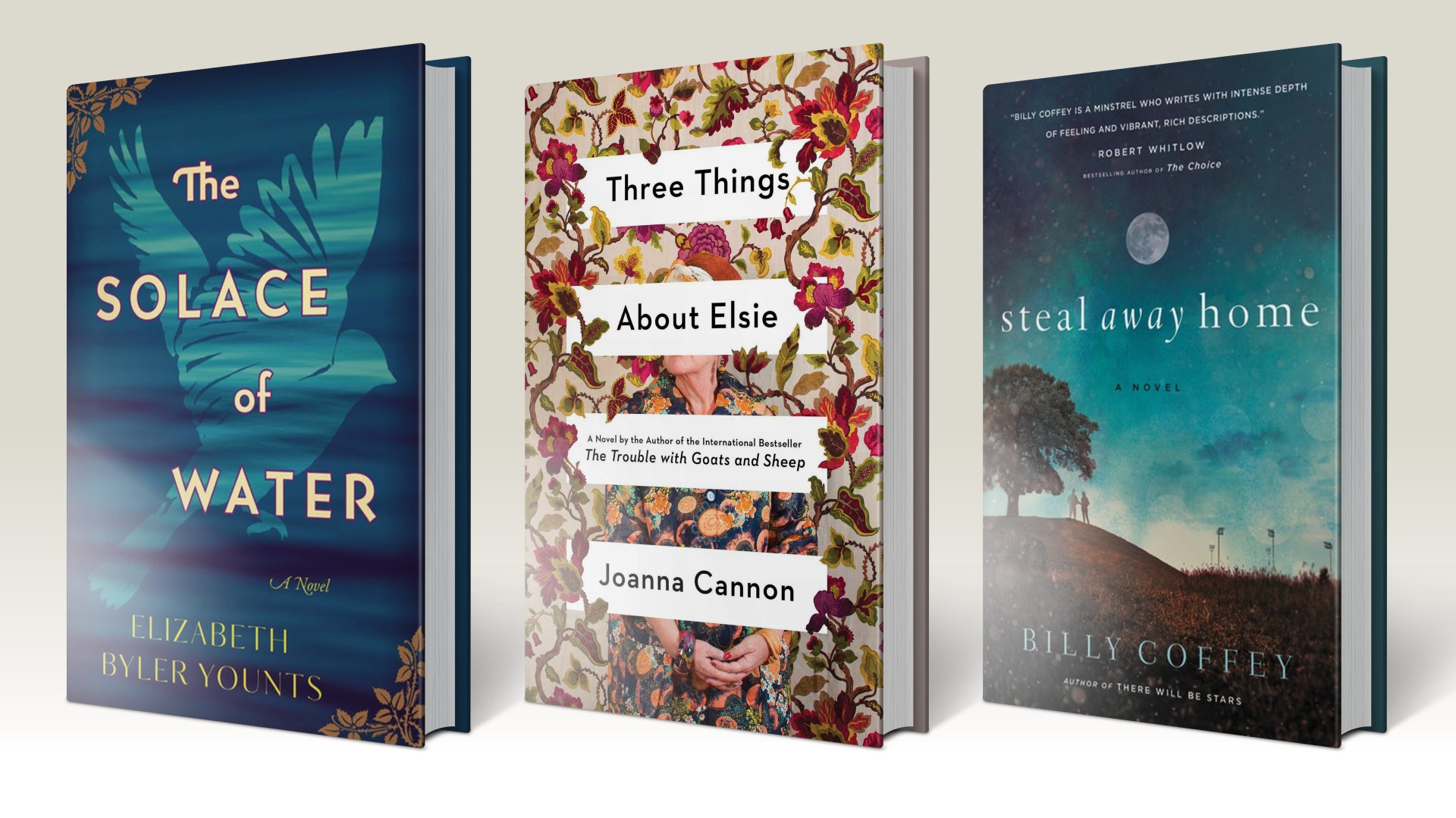Elizabeth Byler Younts (Thomas Nelson)
Set in the 1950s in rural Pennsylvania, this is a riveting and (sadly) relevant historical novel about racial tensions, religious divides, and an unlikely friendship forged in grief. Delilah, an African American woman devastated and embittered by her young son’s accidental death, is unable to forgive her daughter Sparrow, whom she holds responsible. When the family moves north from Alabama for a fresh start, Delilah and Sparrow meet Emma, a reclusive Amish woman harboring her own secrets and heartaches. Ultimately hopeful, this eloquent, painful story addresses the darkness we carry, the damage our sin causes to others, the freedom of forgiveness, and the ways grief can both blind us and bind us together.
Joanna Cannon (Scribner)
In this delightfully British, deeply empathetic look at daily life in an assisted living facility for the elderly, 84-year-old Florence has fallen in her apartment. While she waits to see who might come to help, she ponders a beloved friendship, buried secrets from her past, and a haunting mystery that perplexes her. With acute insight and compassion, Cannon explores issues of dementia and the unreliability of memory, as well as the regrets that can distort our perceptions about who we are and our impact on others. Though not written from a perspective of faith, the novel can invite prayerful examination of the ways we notice and seize opportunities to live our ordinary days well.
Billy Coffey (Thomas Nelson)
In the summer of 2001, Owen Cross, a 29-year-old minor league catcher, is called up to the big leagues for one game. As he waits in the dugout to see whether his lifelong dream of taking the field will be fulfilled, he’s pursued by memories of the Appalachian world he tried to escape and the loves he left behind. With lyrical prose and a touch of the supernatural, Coffey threads his haunting tale through the innings of that single game, exploring the theme of disordered loves and the ambitions that drive us.










